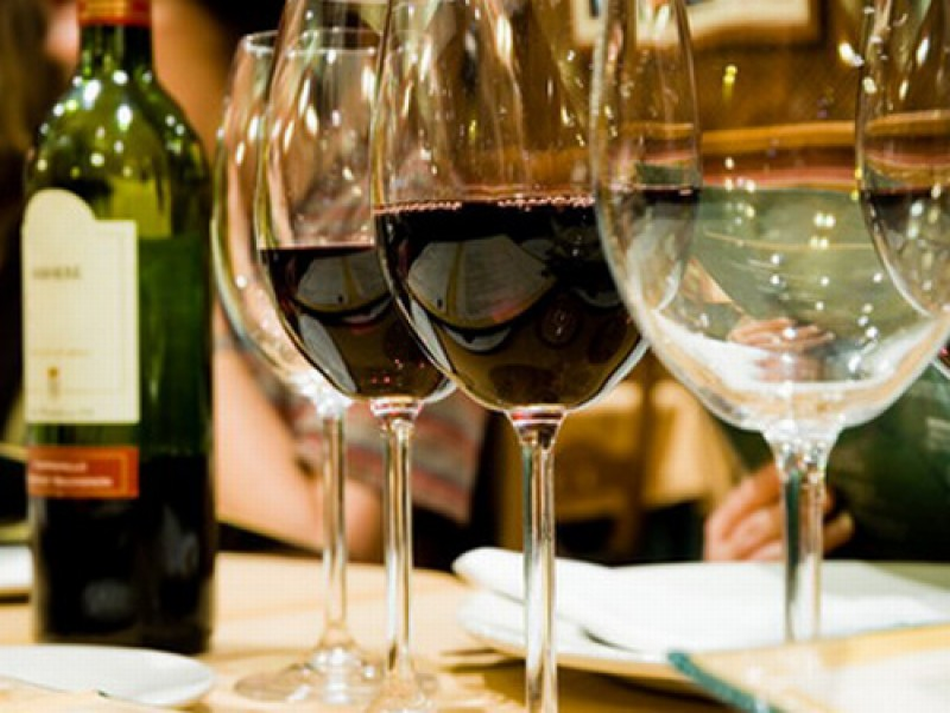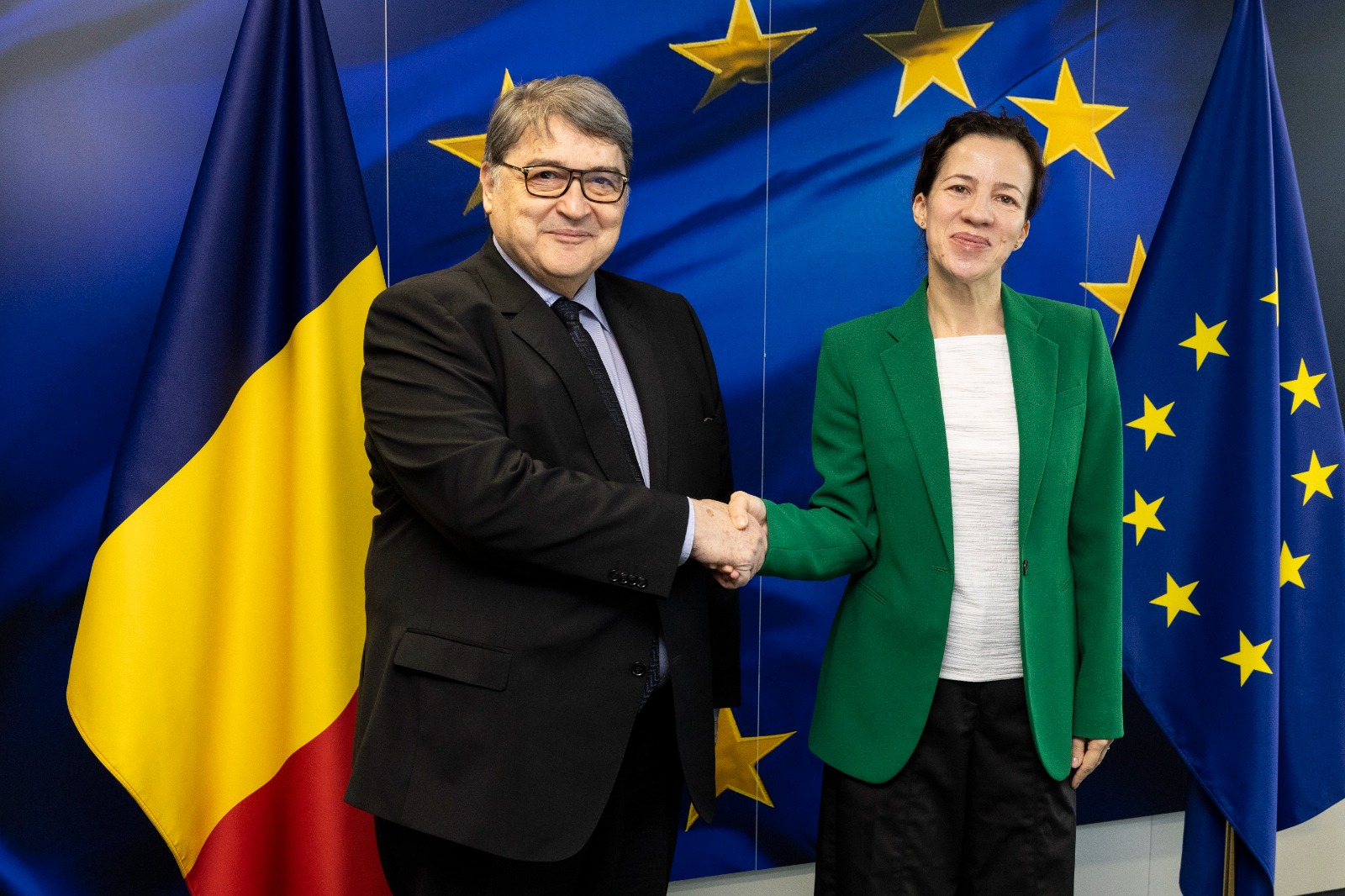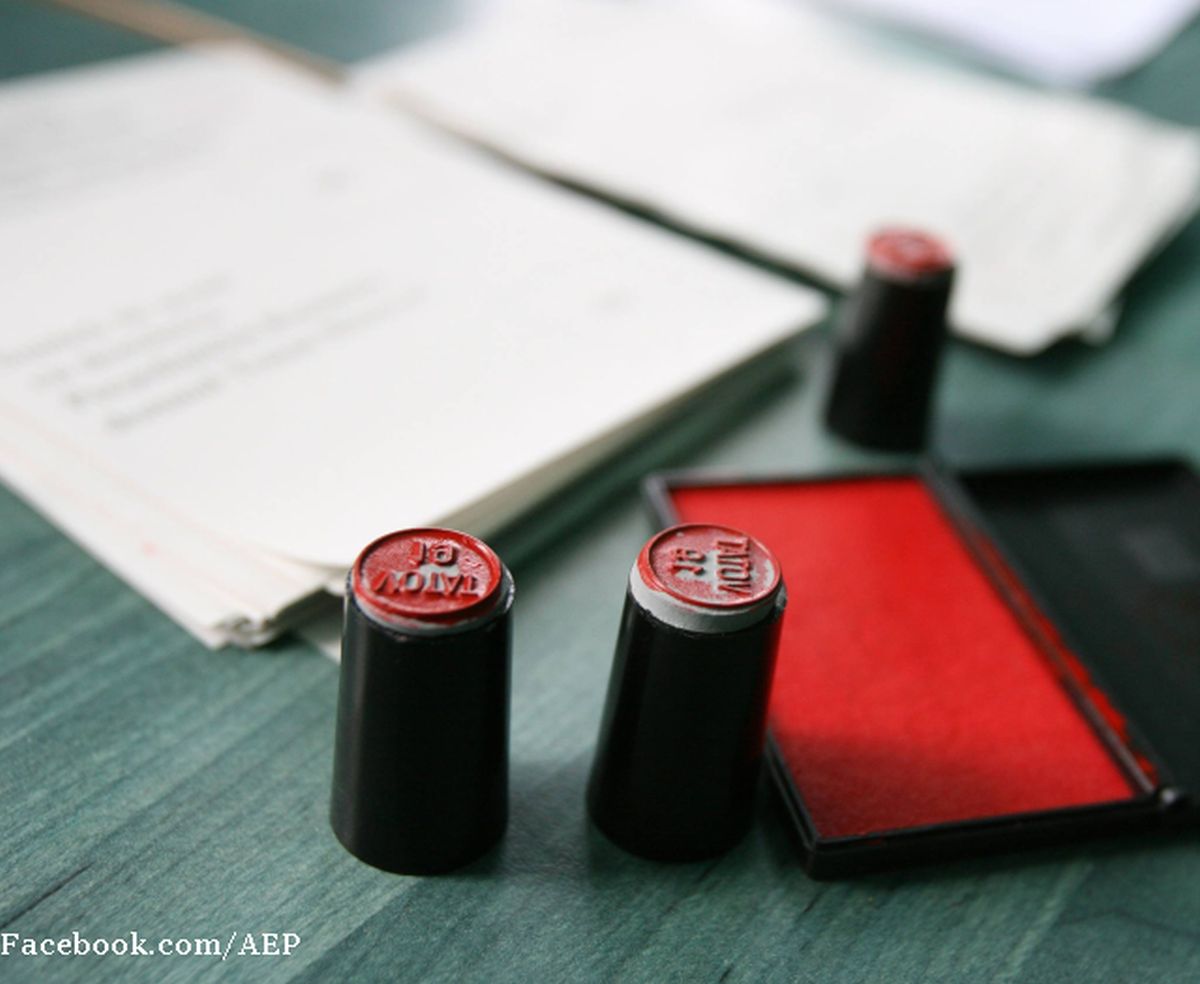The EU backs the Republic of Moldova
Russia has banned wine imports from the Republic of Moldova, a move that the friends of the small former Soviet republic consider a form of pressure exerted by Russia, in the attempt to make Moldova give up the idea of signing the association agreement wi

Ştefan Stoica, 13.09.2013, 13:21
Russia always knew how to protect its interests, and it didn’t always use Orthodox methods to do so, more often than not infringing the democratic principles. Proof thereof is a recent decision by the sanitary authorities in Moscow to ban Moldovan wine imports, because of their low quality. Russia has recently discovered that the famous wines produced by the small former Soviet republic, with a majority Romanian speaking population, no longer meets quality standards, just a couple of months ahead of the EU summit due in Vilnius in November, when the Republic of Moldova is to initial the association agreement with the EU.
So, Russia’s gesture is not an accident. In 2006, Moscow made a similar decision, after the breakaway region of Transdniester, in the East of the Republic of Moldova, which is under its protection, was obliged to export its goods only after getting Chishinau’s approval. The Moldovan authorities have interpreted this recent measure as a regrettable, unfriendly act. The response of the European Parliament was tougher. It has adopted a draft resolution relating to the pressure exerted by Russia on the members of Eastern Partnership- former USSR member states, which try to get closer to the EU.
It is mainly the case of Ukraine and Moldova. The European Parliament considers that the Union should assume responsibility and get involved in defending those countries which are members of the Partnership and which have been subjected to Russia’s open, alarming and mounting pressures, meant to discourage them in their effort to sign their association agreement with the EU, the document reads. The European Parliament calls on the Commission and Council to adopt concrete and effective measures to support the partner countries. Romania, a firm supporter of neighbouring Moldova’s European integration, hasn’t concealed its surprise caused by Russia’s decision.
The state secretary for strategic affairs with the Foreign Ministry, Bogdan Aurescu says: “Obviously, we are surprised by this decision, which is unnatural, in the context in which Moldovan wines have passed all sanitary tests carried by the relevant European bodies and can be purchased in many EU member states. We hope a solution to this issue would be found as soon as possible, by using bilateral mechanisms that the government of the Republic of Moldova resorts to, or multilateral mechanisms used within the World Trade Organization.”
Bogdan Aurescu has also announced that wine producers in Moldova will meet retailers from Romania, in an attempt to increase the volume of wine exports to the Romanian market and thus, to counteract and cushion the effects produced by the measure taken by Russia. Experts claim that the Russian embargo will not produce the same effects on producers as it did in 2006, because the volume of imported Moldovan alcoholic beverages on the Russian market has decreased considerably, from 75% to 30%.






























